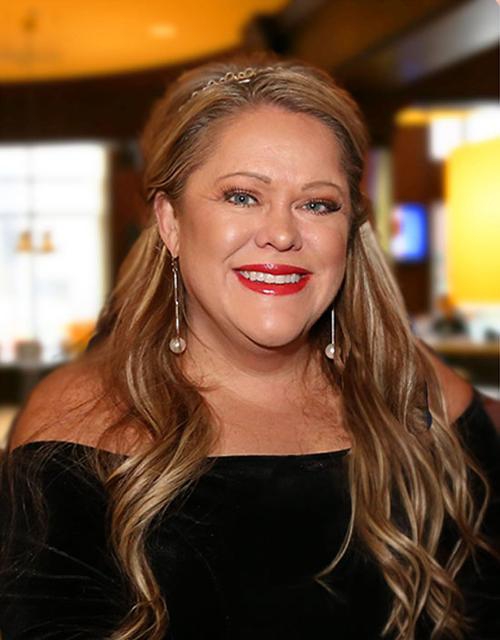.png)
Since single-use laundry detergent packets hit the market in 2010, doing a load of laundry has become easier, but not necessarily safer. Laundry detergent packets (also known as pods, packs, capsules, dropps or flings) streamline your laundry routine. They’re premeasured, easy to use and utilize less packaging. The problem however, is that these tiny, brightly-colored detergent vehicles also look like candy in a jar.
The convenient pods contain highly concentrated, liquid detergents wrapped in a thin film that easily dissolves in water and saliva. Since they’ve been made available to consumers, reports of child exposures and poisonings due to biting, swallowing or bursting pods have climbed each year. As the popularity of the product increases, so do the number of accidents.
In 2016, poison centers received 11,528 reports of exposure to the highly concentrated packets of laundry detergent by children, ages 5 and younger. In this case, “exposure" refers to any contact with the substance by way of ingestion, inhalation or absorption through the skin or eyes. Calls to poison control centers after ingestion often report:
- Vomiting.
- Coughing or choking.
- Changes to the child’s mental status.
- Respiratory distress.
Consumer Reports and safety advocates called on manufacturers to make pods safer after the first thousand exposures in 2012, and many responded with positive changes to packaging. But the changes have not been enough to prevent children from reaching for the pods more than other common household cleaning supplies. Many people believe the real problem is the failure of parents to properly supervise children. However, Richard Geller, medical director of the California Poison Control System, believes that there is more at work.
While the number of poisoning incidents from laundry detergent packets have continued to rise, there have been far fewer incidents of children consuming or becoming ill from similar-looking dishwasher detergent pods or even regular liquid or powdered laundry detergents. This leads poison control experts, consumer rights advocates and legislators to believe that the real issue is in fact the bright, candy-like packaging and the highly concentrated chemical compounds found in the pods. As of July 2015, given the continued danger, Consumer Reports no longer includes the detergent pods on their lists of recommended laundry detergents.
Organizations, such as Consumer Reports and the Centers for Disease Control, continue to ask manufacturers to make changes to the product and packaging design by adding childproof packaging, warning labels, changing the pod’s appearance, or by applying a bad-tasting coating. The role parents and caregivers play in keeping children safe is integral, so the experienced personal injury attorneys like Hupy and Abraham recommend against the use of liquid laundry detergent pods until stricter safety measures lead to a meaningful drop in injuries.
Safety Tips for Laundry Detergent Use:
- If possible, use powder detergents. They are less attractive to children and any injuries associated with them are usually less severe.
- If using the single-use liquid pods, be sure to seal them tightly and store them in a high place, out of reach and sight of children, or keep them in a locked cabinet.
- Remain extra vigilant when setting down pods. It only takes one second for a child to grab one and bite it, which can cause poisoning or burns to their face and mouth.
- Dispose of the pod immediately if you suspect exposure. Gently wipe any detergent from the child’s mouth, face and hands, and call your local poison control center right away.

